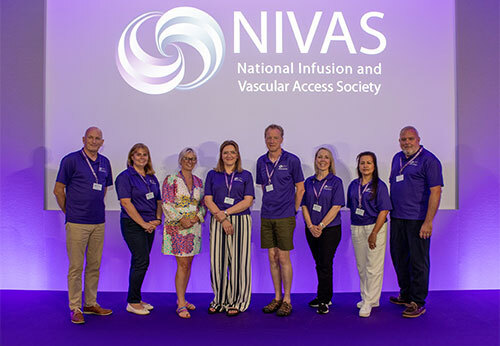Costs associated with OPAT – Full Text
"Outpatient parenteral antimicrobial therapy (OPAT) coordination is challenging in multidrug-resistant organism (MDRO)-infected patients. The study purpose was to describe barriers and medication costs associated with OPAT utilizing therapies for MDRO" Boettcher et al (2025).










